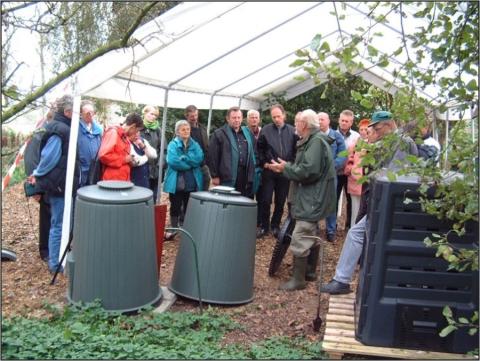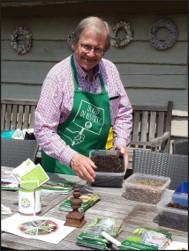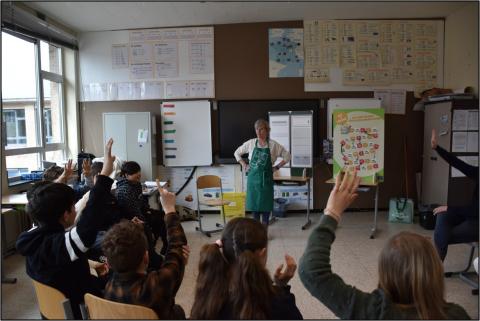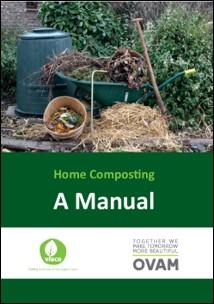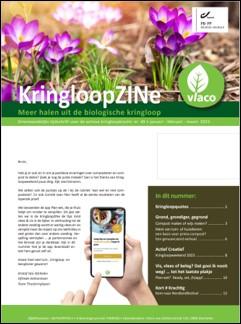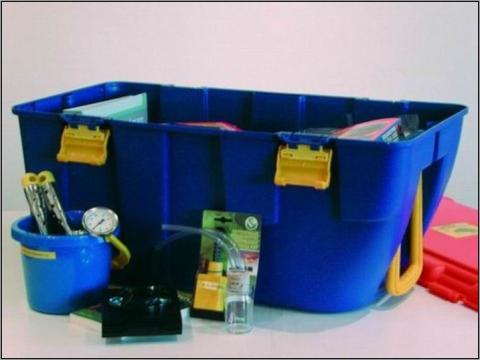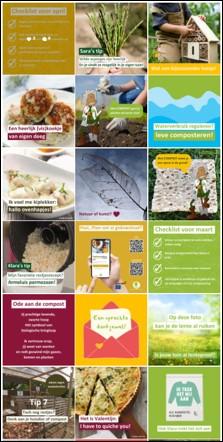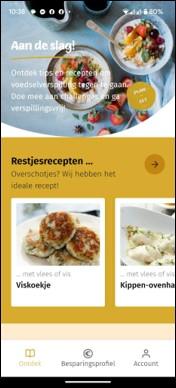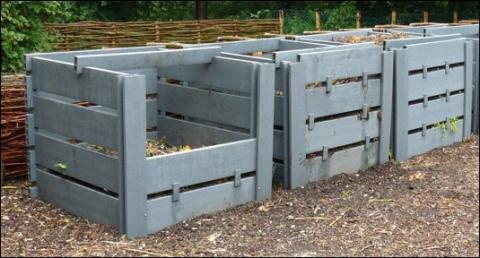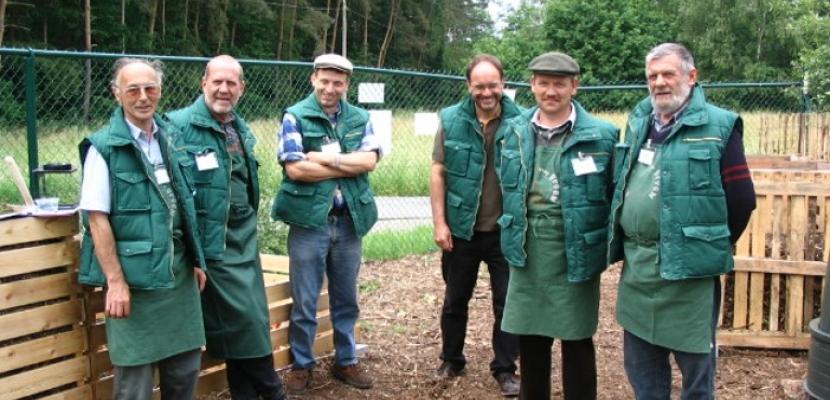
The use of Master Composters to help implement Home Composting in Flanders

About this good practice
To inform citizens, Vlaco uses a ‘direct’ and an ‘indirect’ approach.
‘Direct approach’ includes especially organizing courses, events..., but also developing educational material, leaflets and articles, focus on social media, facilitating the use of compost recipients....
'Indirect approach’ consists of training of and calling on Master Composters (MCs).
Around 5.000 MCs have been trained the last 25 years (2.000 are still active). They are trained - a 8 half days training - in communicating about the so called 'Biocycle at Home', which consists out of home composting, compost use, lawn and branches management, chicken keeping, perennial use, food waste prevention... Current ‘concerns’ are also taken into account (adaptation to climate change, helping with drought issues, biodiversity…)
After training MCs become volunteers that assist (inter)municipalities in promoting the 'BioCycle at Home' in their own municipality, in a team supported by a municipal officer.
They visit markets, give demos, do stand crews in gardens, give personal advice... How and where MCs are engaged depends on the municipal approach.
One of the reasons for the MC success is their credibility and hands-on experience; they use their own words, work in their own village, and can demonstrate things. MCs give personal or local advice. To do this properly, they use (Vlaco’s) guidelines.
Resources needed
The mentioned approach costs Vlaco ±€100K/y (material and trainers fee). The intermunicipal waste associations (IWAs) pay - based on number of inhabitants - an amount to Vlaco with which the fees are paid. IWAs can then take further steps with the info and MCs trained. IWA commitment defines cost.
Evidence of success
In ±290 municipalities MCs were trained; in > 200 municipalities MCs are active; in >100 real MC teams are present.
Research (in 2018) shows that:
- This approach resulted in ±41% of inhabitants that are home composting (in 1998 - start of MC trainings - it was 17%).
- About 23,90% of all biowaste is composted at home, representing about – estimated – 290.000 tonnes of biowaste for Flanders (in 2005 this was estimated at 106000 tonnes).
Potential for learning or transfer
What is needed to make this approach a success:
- A thorough communication approach (media, social media) and lots of buzz creation.
- Involvement, approachability and an IWA that is close to its citizens.
- Committed citizens are essential. They can be found in every municipality or IWA.
- Trained MCs who have no problem retraining themselves when a new item within the biocycle arises or is essential to communicate about.
- Once the committed citizens are trained and start working, the costs are very low (volunteer fee, transport fee, insurance). At least much lower than if employees would have to be hired.
- The MCs can act as a kind of satellite / informant / bridging person for the (inter)municipality and IWA to know exactly what is going on locally.
- The MCs can focus on the small cycle (= composting on site) but also on all previous steps (waste avoidance, creative and functional use of waste on site, predigesting and energy production in professional composting sites ...).

